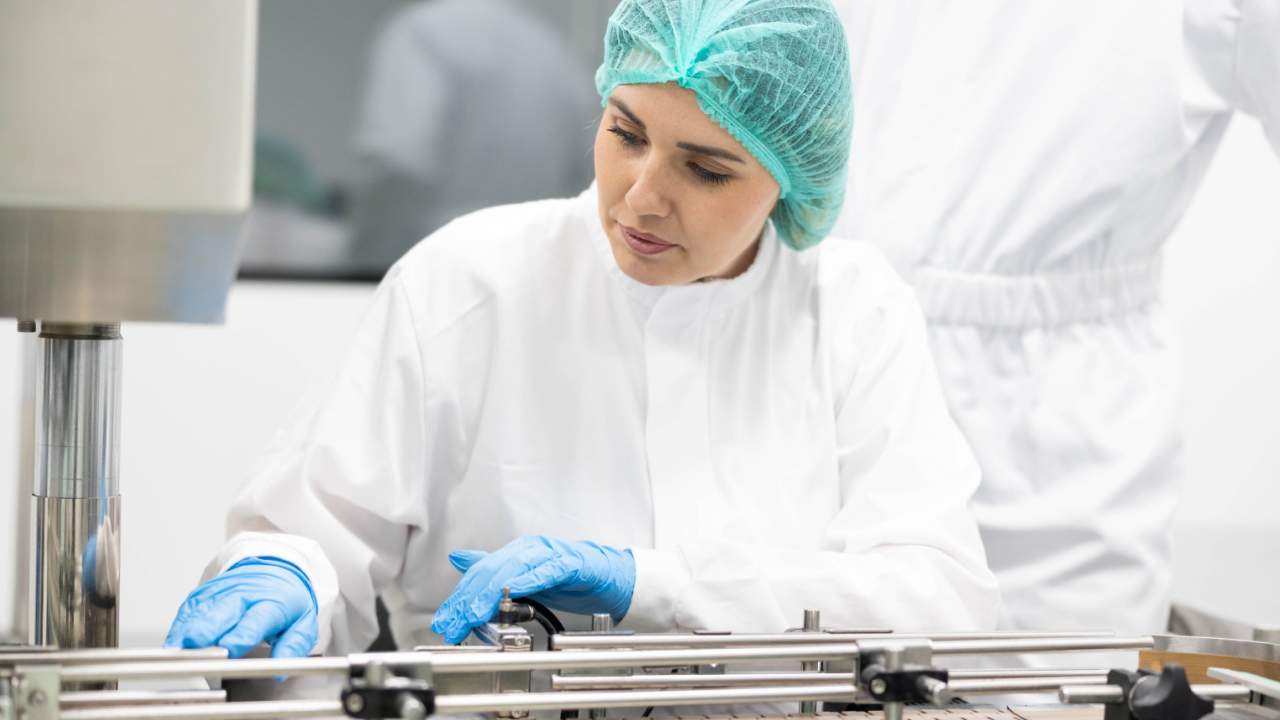Merck & Co (MSD) has closed a deal worth $1.3 billion to acquire Eyebiotech (EyeBio). Following the acquisition, MSD has gained access to EyeBio’s lead asset Restoret (EYE-103) for diabetic macular edema (DME).
The transaction is being considered as an asset acquisition. Restoret is a tetravalent, tri-specific antibody that targets the Wingless-related integration site (Wnt) signaling pathway.
Earlier this year, UK-based EyeBio shared positive data from the Phase Ib/IIa AMARONE trial in patients with DME and neovascular age-related macular degeneration (AMD). A Phase II2b/IIIa trial for the drug is set to begin in the second half of this year, said Merck in a press release announcing the completion of the acquisition.
The total value of the acquisition is estimated to be $3 billion, which includes an upfront payment of $1.3 billion and potential milestone payments totaling $1.7 billion based on developmental, regulatory and commercial benchmarks.
Merck acquired EyeBio via a subsidiary and under the terms of the agreement, has acquired all outstanding shares of EyeBio. The $1.3 billion charge amounts to approximately $0.50 per share in the third quarter of 2024.
Related: Regeneron’s High Dose Eylea Gets FDA Nod for Wet AMD and DME
According to Merck, the deal comes with additional pipeline candidates, including clinical and preclinical assets for the prevention and treatment of vision loss associated with retinal vascular leakage, a known risk factor for retinal diseases.
DME is a significant complication of diabetic retinopathy, a common condition among people with diabetes that leads to vision impairment and, in severe cases, blindness.
“The EyeBio acquisition further diversifies our late-stage pipeline with the addition of a promising candidate based on novel biology and genetics for the treatment of certain retinal diseases,” said Dr. Dean Y. Li, president, Merck Research Laboratories, in the news release.
Restoret is administered as an intravitreal injection. It seeks to eliminate vascular leakage in retinal diseases by agonizing the Wnt pathway with the goal of restoring and maintaining the blood-retinal barrier. Preclinical evidence indicates that agonizing the Wnt pathway in the retina may reduce vascular leakage.
With the global prevalence of diabetes on the rise and an aging population in parts of the world, the incidence of DME is also increasing, leading to a growing demand for new, more effective treatments.
Regeneron’s Eylea (aflibercept) continues to lead the DME market and is among Roche’s most lucrative players, having earned $9.22 billion in 2023. A high-dose version of the anti-vascular endothelial growth factor (anti-VEGF) injection was approved last summer for wet AMD along with DME.
The DME treatment market is estimated to be worth $3.12 billion in 2024 and is expected to grow at a compound annual growth rate (CAGR) of 5.11 percent to reach $4.22 billion by 2030.
If you want your company to be featured on Xtalks.com, please email [email protected].












Join or login to leave a comment
JOIN LOGIN